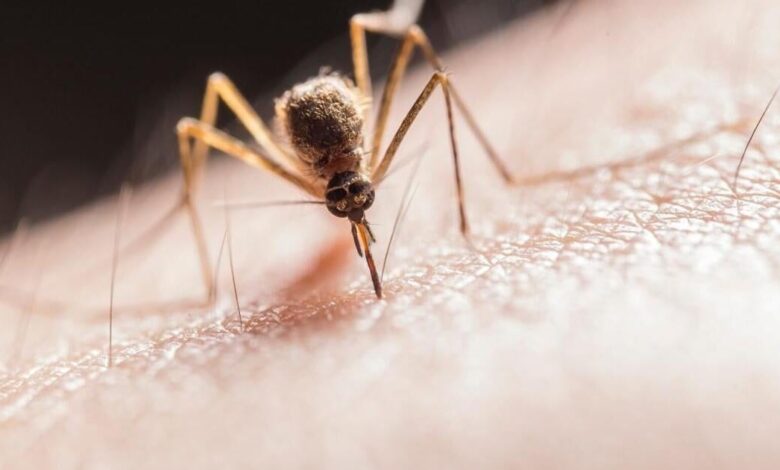Health Department offers tips on staying safe from West Nile Virus | Local News

The Pontotoc County Health Department is reminding area residents of steps they can take to protect themselves from West Nile Virus (WNV).
Recently, the Oklahoma State Department of Health’s (OSDH) Mosquito Surveillance Program detected a positive WNV mosquito pool in Pontotoc County, Oklahoma.
WNV spreads through the bite of an infected mosquito. In Oklahoma, WNV is primarily spread by the Culex mosquito, which feeds on infected birds and then spreads the virus when biting humans, horses, and some other mammals. This type of mosquito increases in abundance as summer progresses.
“We want to share this information to make residents aware that WNV has been confirmed in our area,” said Chris Munn, Regional Administrative Director for south central Oklahoma County Health Departments. “With current temperatures in Oklahoma, we know people are participating in outdoor activities which leads to increased opportunities for encountering infected mosquitoes.”
There is no vaccine or treatment drug for this illness. The best defense is taking steps to avoid mosquito bites.
Tips to avoid mosquito bites and prevent WNV infections:
Use an insect repellent containing DEET, picaridin, or IR3535 on exposed skin and clothing when going outdoors, particularly between dusk and dawn when mosquitoes are more likely to bite. Insect repellent with permethrin should be used on clothing only.
Repair or install window and door screens to keep mosquitoes out of the home.
Prevent items such as buckets, cans, pool covers, flowerpots, children’s toys and tires from holding water to minimize mosquito breeding grounds.
Larvicide can be used in areas where stagnant water cannot be eliminated to prevent the larva from maturing into biting adults.
Empty pet’s outdoor water bowl and refill daily.
Clean leaves and debris from rain gutters regularly to ensure they are not clogged.
Consult with a healthcare provider about any concerning symptoms and the need for testing.
The vast majority of individuals with WNV will likely never experience symptoms following an infection. Those with symptoms may experience sudden fever, headache, dizziness or muscle weakness. Recovery typically occurs within one to three weeks.
People older than 50 years, diabetics, or those experiencing uncontrolled hypertension are at a greater risk of developing severe neurologic disease from WNV infection. When the disease affects the nervous system, it can cause confusion or disorientation, loss of consciousness, paralysis, neck stiffness or coma. Long lasting complications of WNV disease can include difficulty concentrating, migraines, headaches, extreme muscle weakness and tremors, and paralysis of a limb.
For more information including historical reported cases, visit the OSDH website at OSDH West Nile Virus and view the OSDH WNV Fact Sheet
The Pontotoc County Health Department protects and improves public health through local health and wellness services and strategies focused on preventing disease. Learn more at Pontotoc.health.ok.gov.




